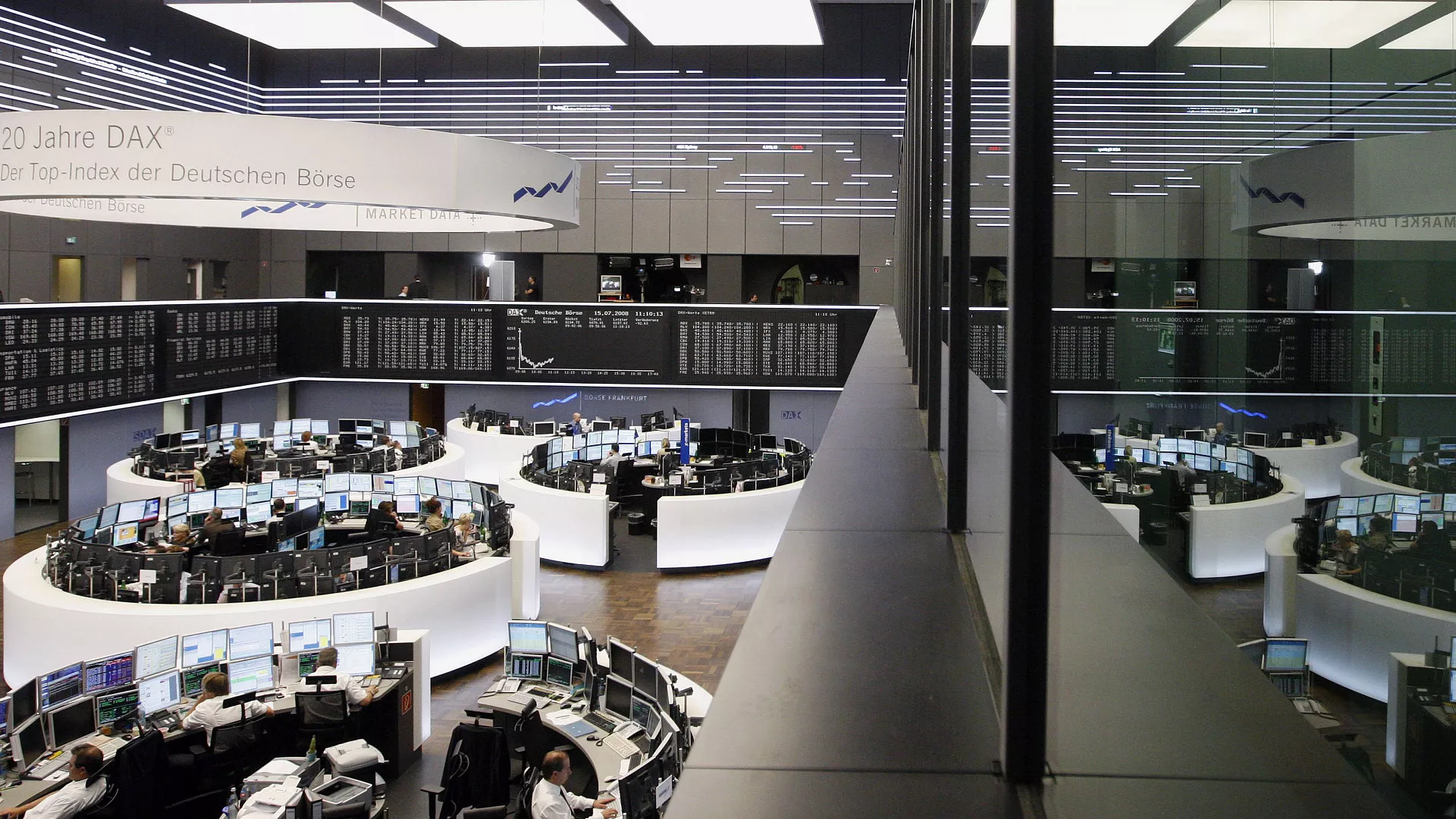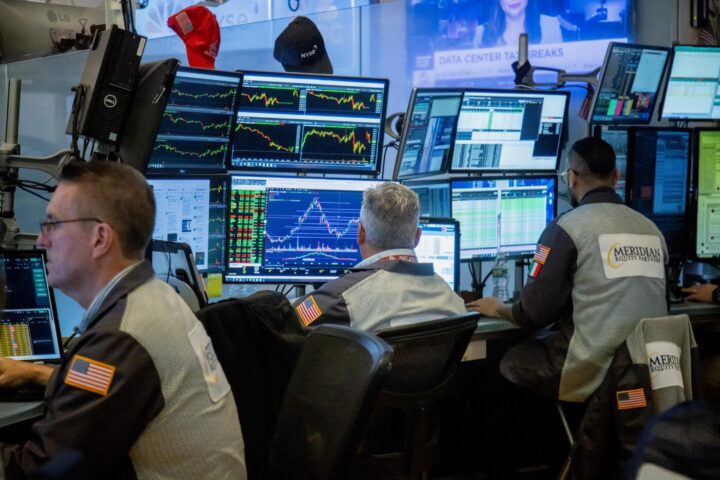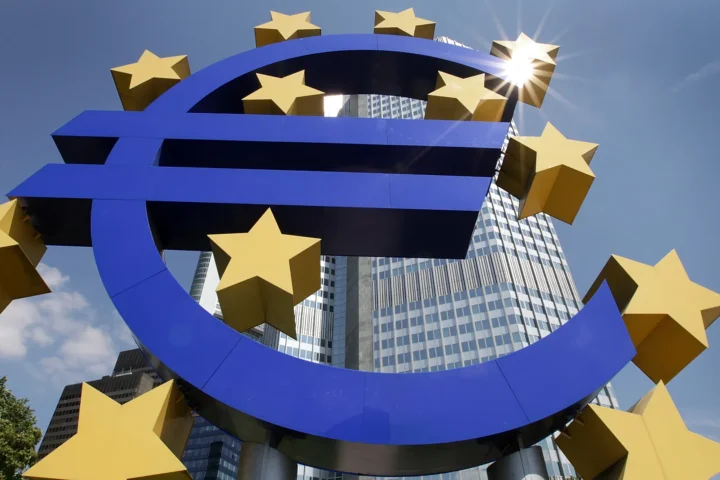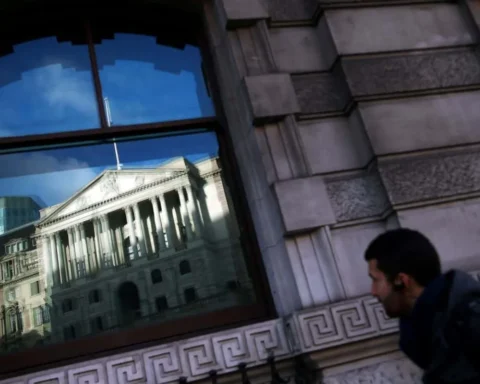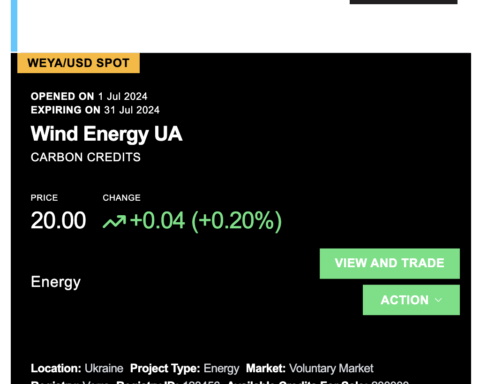European markets experienced a downturn on Tuesday afternoon as investors closely monitored developments unfolding in the Middle East and assessed the latest economic indicators from China.
As of 13:17 CET, Germany’s DAX exhibited a decline of 1.39% to reach 17,778.64 points, while France’s CAC 40 retreated by 1.29% to 7,944.92. Similarly, the UK’s FTSE 100 was in negative territory, registering a decrease of 1.42% to 7,851.74 points.
The market movement reflected a cautious trading environment across the continent as market participants remained vigilant regarding the evolving situation in the Middle East, particularly amidst concerns surrounding potential escalations between Israel and Iran.
Recent developments saw Iran launch a significant barrage of aerial drones and missiles towards Israel in a retaliatory gesture. However, reports indicate that Israeli defenses, supported by allies including the US, UK, and European nations, successfully neutralized the vast majority of the threats.
Matthew Ryan, Head of Market Strategy at financial services firm Ebury, observed that investors found reassurance in the effective neutralization of the strike by Israel and its allies. He highlighted the symbolic nature of the attack and emphasized the importance of measured responses from global leaders. Despite initial market jitters, oil futures remained relatively stable throughout the week.
The focus now lies on the potential extent of retaliation, with market sentiment hinging on Israel’s response and the involvement of other nations in the conflict. Any escalation could prompt investors to seek refuge in safe-haven assets, leading to a shift away from high-risk assets.
Furthermore, the threat to global oil supply poses a significant risk, with the potential for a sharp increase in oil prices should concerns of a broader regional conflict intensify.
In addition to geopolitical concerns, investors also evaluated economic data from China. Despite the country reporting 5.3% GDP growth for the first quarter of 2024, exceeding market expectations, the data failed to uplift investor sentiment. Concerns persist regarding the trajectory of the world’s second-largest economy amid global economic uncertainties.
